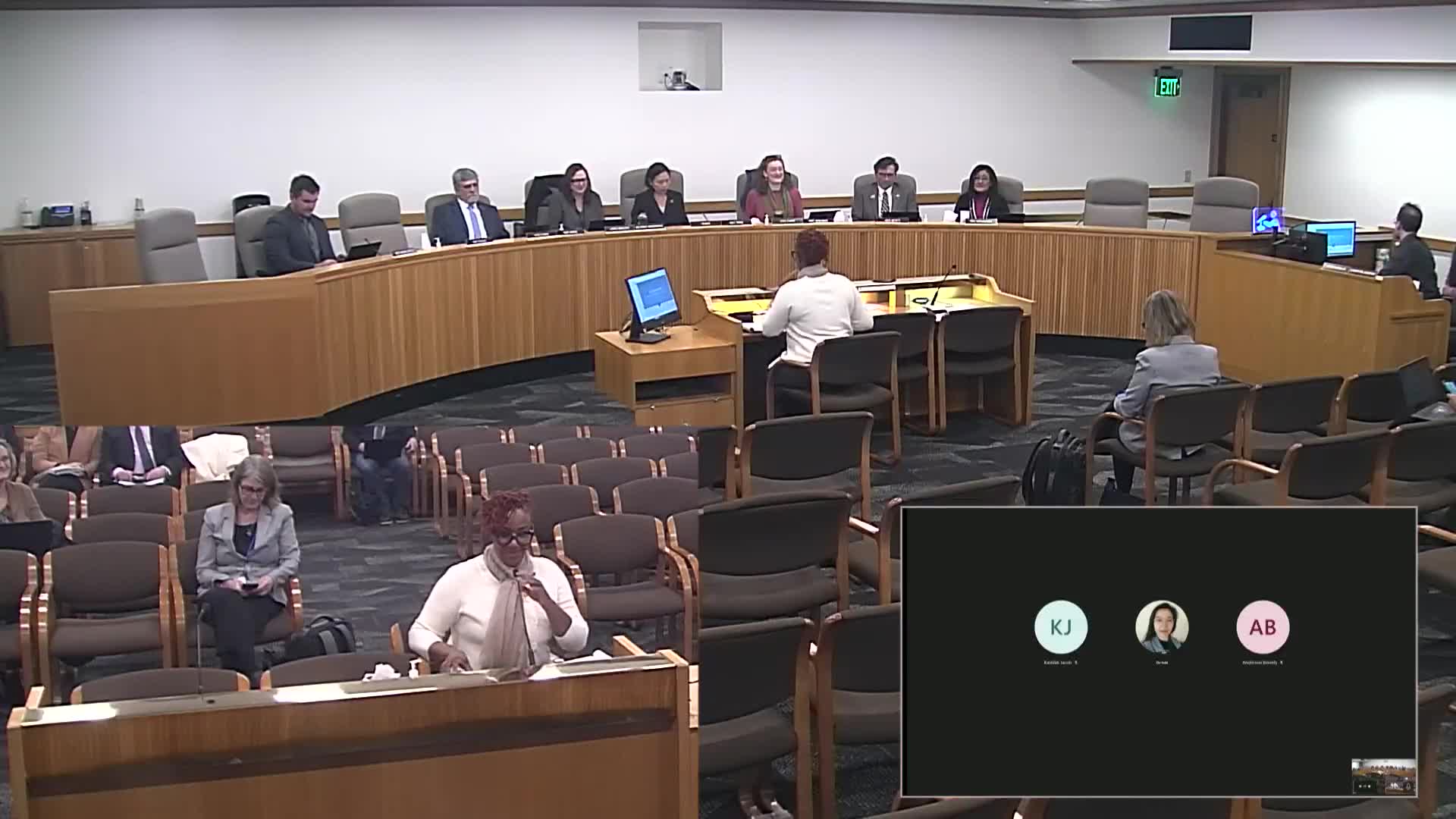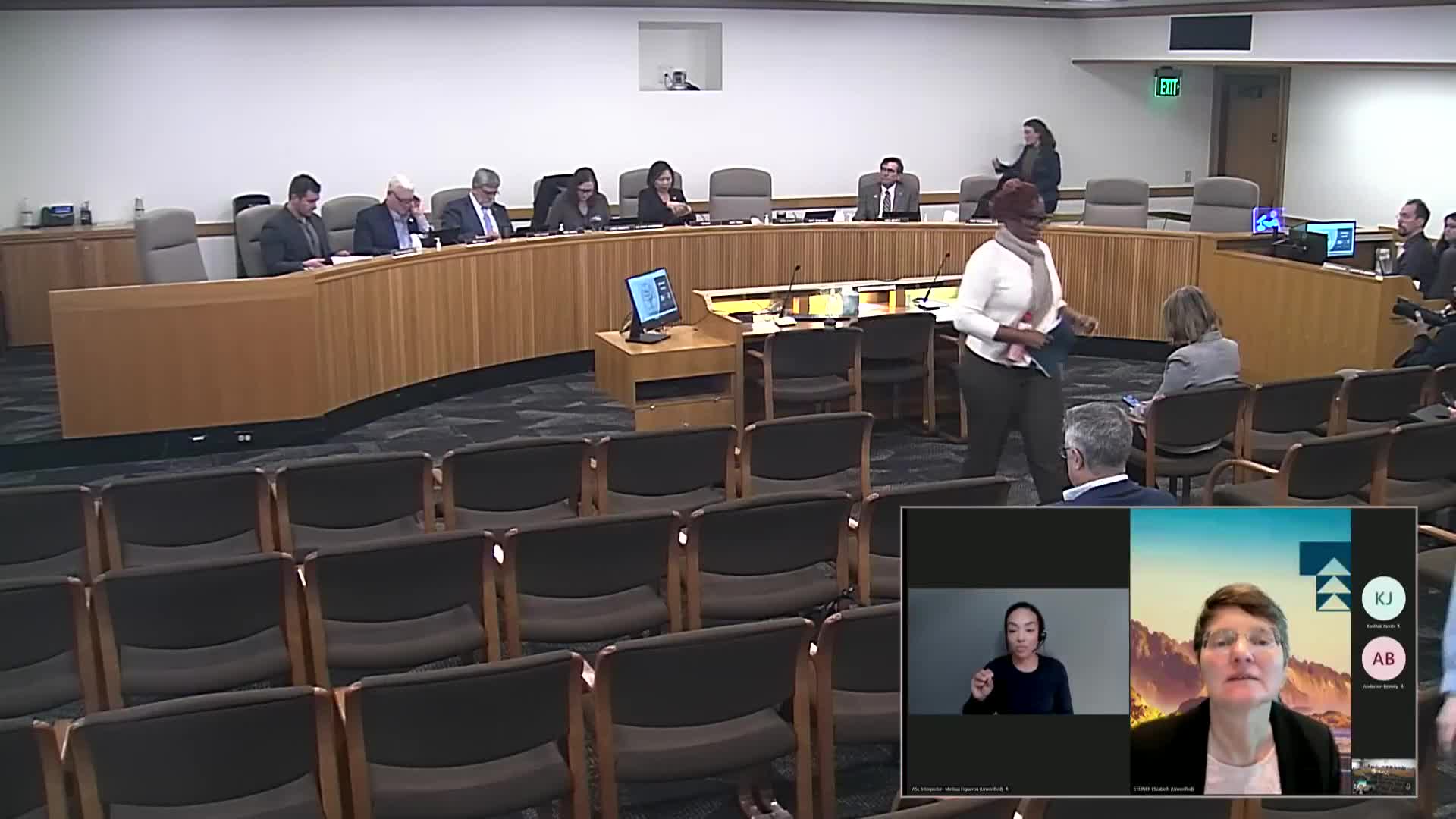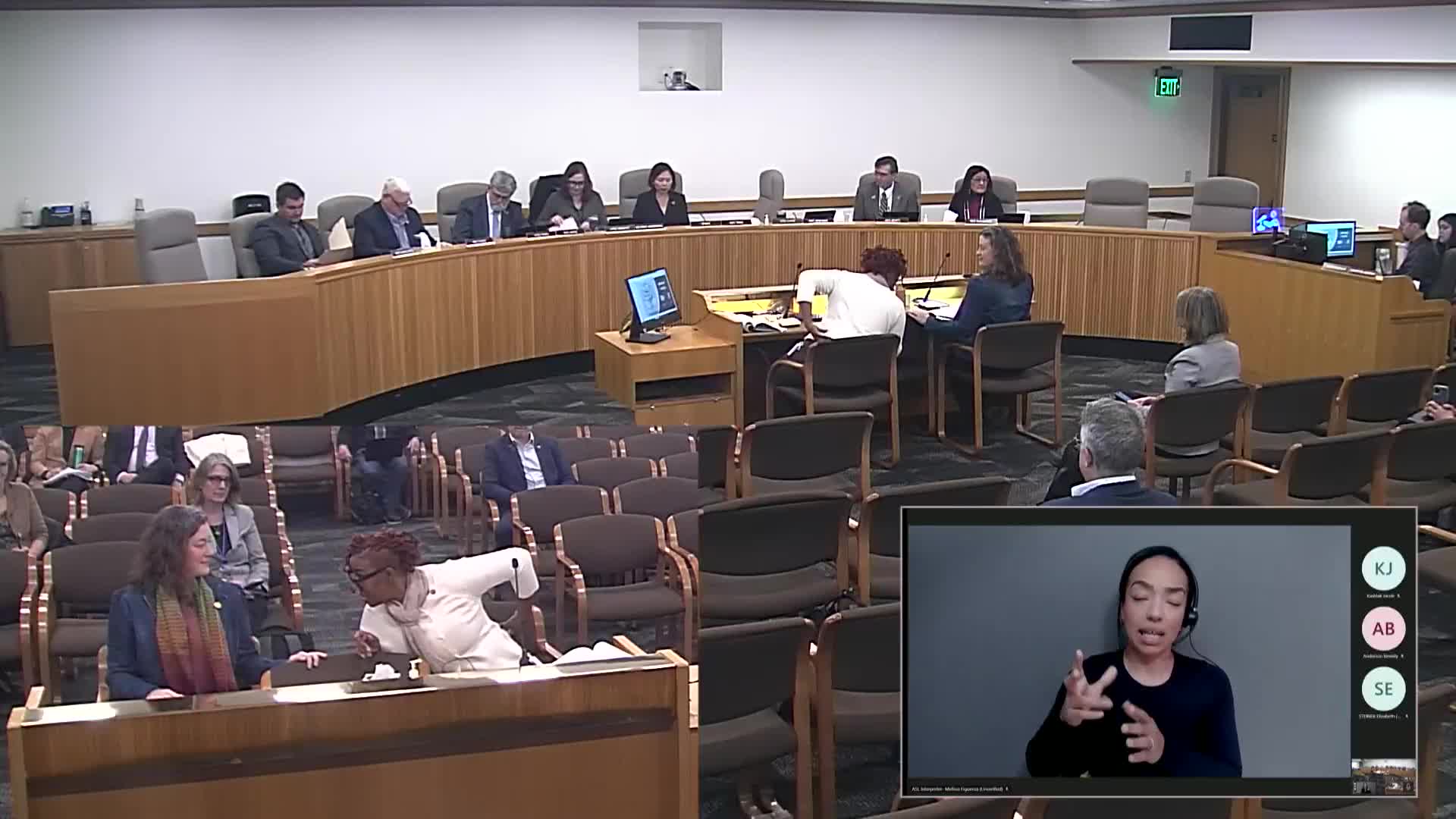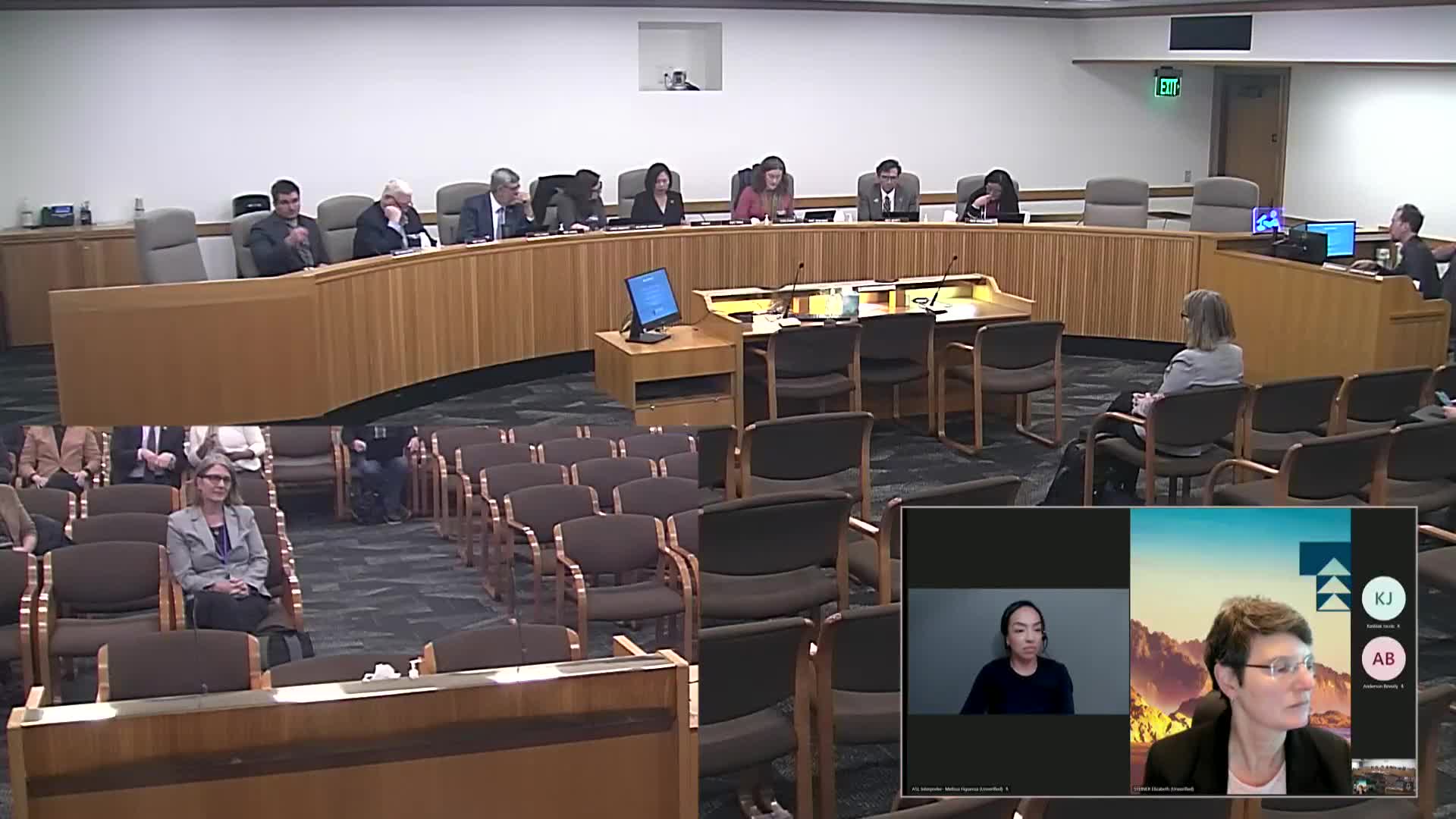Article not found
This article is no longer available. But don't worry—we've gathered other articles that discuss the same topic.

Oregon Department of Veterans Affairs outlines programs, budget priorities and outreach plans to House committee

Treasurer and labor representatives debate House Bill 22100 goal to reduce carbon intensity in state's pension portfolio

Panel hears bill to give ODVA rulemaking authority to manage unclaimed veterans' cremains

